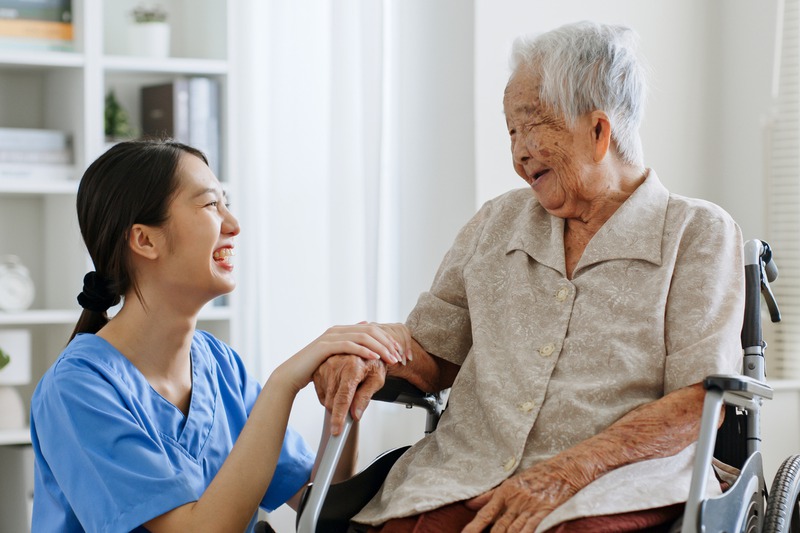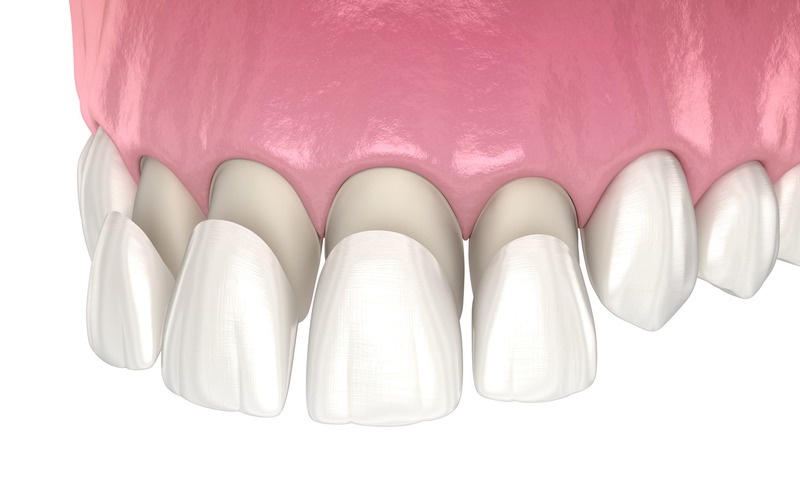After completing an addiction treatment program, the journey towards lifelong recovery is far from over. Aftercare is a vital component intended to support individuals as they transition back into their day-to-day lives, equipped with new coping mechanisms and healthier habits. Understanding the available aftercare options can significantly improve the odds of maintaining sobriety, managing stress, and leading a fulfilling life.
Structured Sober Living Environments
One of the most impactful aftercare options is residing in a structured sober living home. These environments provide an alcohol and drug-free living space that supports individuals in early recovery. Residents often engage in regular drug testing group meetings and are encouraged to either work, study, or volunteer during their stay, creating a balanced lifestyle that promotes sobriety.
-
Scheduled group activities that foster community and accountability.
-
Ongoing support from peers who are also in recovery.
-
A structured environment helps establish a daily routine.
Outpatient Counseling and Therapy
Continuing therapy after an intensive rehab program can help individuals unravel the psychological underpinnings of their addiction. Counselors and therapists work to develop personalized strategies that address relapse prevention and the management of co-occurring disorders like depression or anxiety.
Types of Therapeutic Approaches:
-
Cognitive Behavioral Therapy (CBT)
-
Dialectical Behavior Therapy (DBT)
-
Family or Couples Therapy
12-Step and Non-12-Step Support Groups
Regular attendance at support group meetings is a cornerstone of many aftercare plans. These groups provide a platform where individuals can share their experiences and gain support from others facing similar challenges.
-
Alcoholics Anonymous (AA) and Narcotics Anonymous (NA)
-
SMART Recovery and other non-12-step programs
-
Women for Sobriety and other niche-specific groups
Participation in support groups can significantly enhance one’s ability to stay sober by creating a sense of accountability and community.
Educational Programs and Skill Building
Aftercare is not just about preventing relapse; it’s also about building a meaningful, sober life. Educational programs and skill-building workshops help individuals develop new interests and capabilities that support personal and professional growth.
Examples of Aftercare Educational Opportunities
-
Career counseling and job training programs.
-
Workshops on stress management and healthy living.
-
Classes on finance management and independent living.
Holistic Therapies as a Form of Aftercare
Holistic therapies aim at healing not just the body but also the mind and spirit. Facilities like Altitude Recovery offer various holistic aftercare options, such as yoga, meditation, acupuncture, and more, that can contribute to overall wellness and continued sobriety.
Technology-Assisted Tools
In our digital age, technology-assisted tools can offer additional support outside traditional methods. Apps for mindfulness, sobriety trackers, or online therapy provide flexible options that can fit into various lifestyles and schedules.
Regular Monitoring and Follow-ups
To ensure that recovery is on track, many programs incorporate regular monitoring into their aftercare strategies. This can include periodic drug testing and scheduled check-ins with counselors, which help in identifying any potential issues early on and adjusting the aftercare plan as necessary.
Vocational Rehabilitation in Aftercare
Returning to work can be a daunting prospect post-treatment. Vocational rehabilitation programs can ease this transition by offering guidance on navigating job markets, assistance with resume preparation, and finding employment opportunities that offer supportive environments.
Recognizing Recovery as an Ongoing Process
Recovery from addiction is an ongoing process that doesn’t end with the completion of a treatment program. Whether it’s through aftercare planning services or personal efforts, sustaining recovery requires continuous commitment and adaptation.
Insurance and Aftercare
When addressing financial aspects, it’s reassuring to know that resources such as Tricare approved residential treatment centers exist that cover various aftercare services. This alleviates the burden of cost and makes continuity of care accessible.
Remote Support Groups and Telehealth Services
With advances in technology, remote support groups and telehealth services have become increasingly popular and accessible. This form of aftercare is particularly beneficial for those who may face geographical or mobility constraints.
-
Telehealth Counseling: Provides access to therapists and counselors through video calls, allowing for regular sessions without the need to travel.
-
Online Support Groups: Platforms like Zoom or dedicated apps bring together individuals in recovery from all over the world, fostering a broader support network.
This format not only extends the reach of traditional support systems but also integrates seamlessly into the daily lives of individuals, ensuring they have access to help whenever needed.
Family Involvement and Education
Family plays a pivotal role in the recovery journey. Integrating family members into the aftercare process can lead to better outcomes by providing a supportive environment at home.
-
Family Therapy Sessions: These help resolve any underlying issues within the family that may contribute to addictive behaviors and educate family members on how to support their loved one best.
-
Educational Workshops for Families: Teach families about the nature of addiction, effective communication strategies, and relapse prevention, ensuring they are a reinforcing component in the recovery ecosystem.
By actively involving family, individuals in recovery are often better supported through their aftercare journey, promoting sustained sobriety and healthier family dynamics.
Final Thoughts
Successfully navigating life post-addiction treatment demands an integrated and dynamic aftercare strategy. From structured living arrangements and ongoing therapy to educational and financial support, the dimensions of aftercare are broad yet crucial. By judiciously utilizing the available resources and support systems, individuals in recovery can fortify their sobriety and reconstruct a purposeful life beyond addiction.


